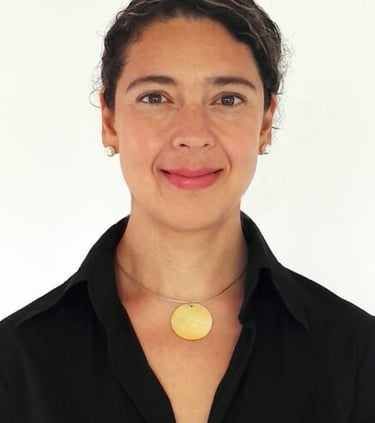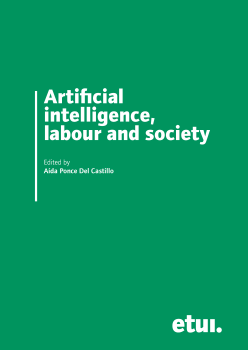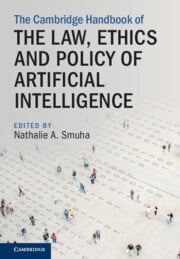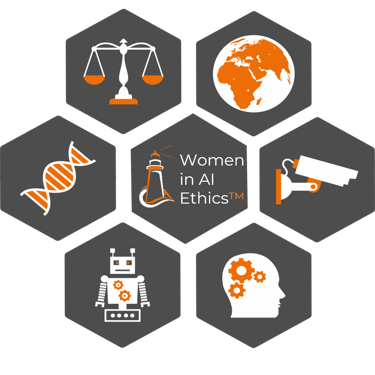

Aida Ponce Del Castillo
I am a legal scholar with over 20 years of experience at the intersection of law, science and emerging technologies, including artificial intelligence, neurotechnology, biotechnology and nanotechnology.
I am involved in policy and regulatory discussions on technology and AI at the EU, OECD and national level, in Belgium, where I am involved in the implementation of the National Convergence Plan for the Development of AI.
I am a member of several expert groups, including two OECD Working Parties, which focus respectively on "AI Governance" and "Biotechnology, Nanotechnology and Converging Technologies".
I am also a trained foresight practitioner. I designed and co-led a foresight project for the European Trade Union Institute (ETUI). I regularly deliver training courses to trade union organisations across the EU, and help them plan strategically for technological change.

Published Books & Book chapters
Algorithmic management in Europe: from key features to governance and beyond
In today’s increasingly digitalised workplaces, automated systems orchestrate and monitor tasks, measure performance, and even steer careers, often with little clarity on how they do so. Professionals in almost all sectors can unexpectedly be rated negatively and lose their chances of promotion and professional development. Arbitrary automated decisions can be taken that severely disrupt livelihoods, underscoring the need for a more transparent governance of systems contributing to algorithmic management. (...) Read the full article at 'FEPS Europe'


Featured in the 'List of 100 Brilliant Women in AI Ethics'
(c) Aida Ponce Del Castillo 2025




